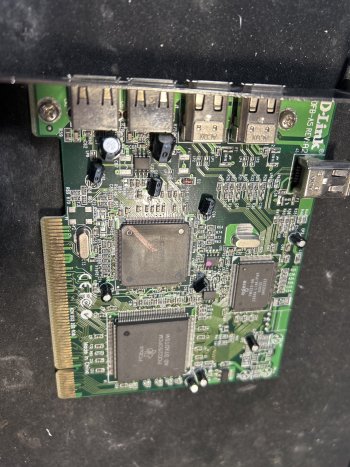Funny you say that because I worked for D-Link many years in early 2000s. It was a booming time for wireless adapters, access points, routers, and switches. We kicked a** when it came to cool gadgets. Looking back, we were the first company that came up with products that I would consider prototypes of today's products. Examples:
1) i2eye, really cool "videophone" to call love ones, before webcams became the norm, and of course FaceTime with iPhones
2) Hardware media player, which turned into TiVO, and now technically any DVR
3) The DCS camera series, before Ring cameras became ubiquitous
That said, I always felt that our routers and APs were wonky to configure. In addition, there were many revisions to the main chipsets, usually from Atheros or Broadcom, so it was hard to keep up with the quick changes that were happening.



